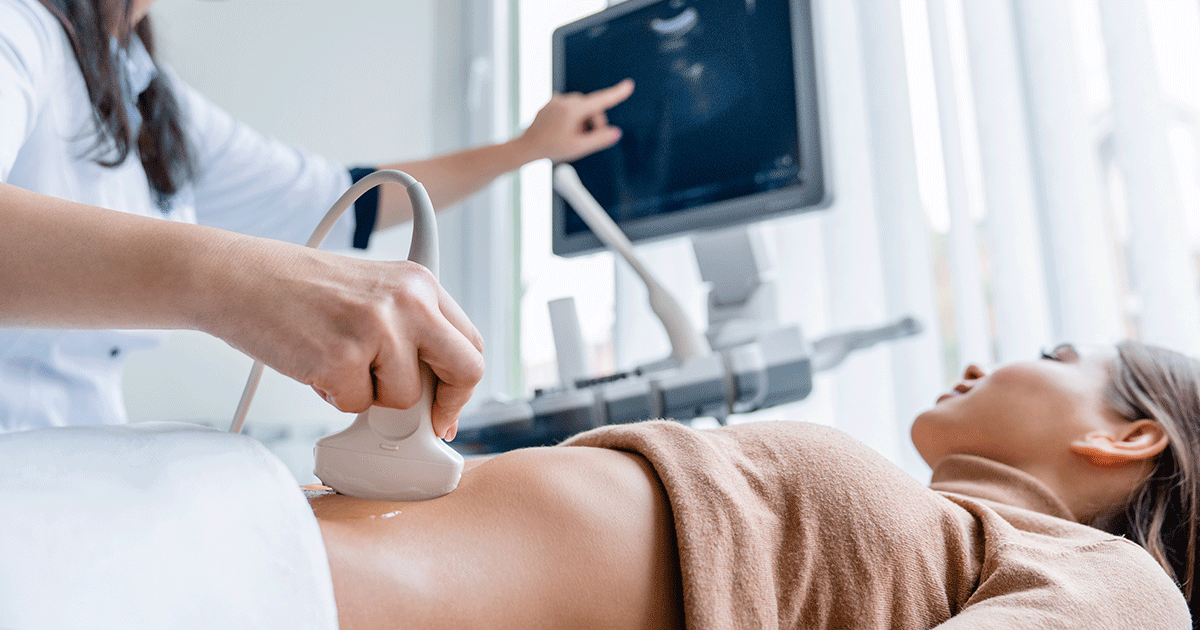It’s here. It’s Spring Break and for some of you it’s time to put away the books, pack the duffle bag, say goodbye to the tundra of central Nebraska and head for warmer weather. And no, we’re not jealous you’re heading to a tropical location, (well maybe a little). Really, we want you to have a good time and to go make some great memories with your friends. We also want you to be safe, and at the risk of sounding like that awkward sex-ed teacher from high school, we want to remind you of a few spring break safety tips.
For many, Spring Break is less about the beach and more about the booze. The Journal of American Collage Health estimates that during spring break the average male drinks about 18 drinks per day, and for females that average is about 10 drinks. That’s a lot of beer, and some serious beer goggles. I don’t think we need to explain how that much alcohol is going to impair someone’s judgment. That may be why about ½ of all sexual encounters during break are unplanned and unprotected. If you’re going to drink, don’t over do it.
What’s the problem? It’s spring break. We’re young. We’re supposed to let loose and have fun. That’s what you’re probably thinking. And yes, you are young and you should have fun, but you need to be smart too. Let’s look at a couple other things that happen when large amounts of alcohol and an atmosphere of casual sex are present.
One half of all sexually active college students will have at least one STD. Many, if not most people don’t know they have it because often there are no noticeable symptoms. So half of the people you might have sex with have an STD. You have no way of knowing which half. Students also report that 75% never or rarely use a condom on spring break. Perhaps because they have bought into some myths about STDs that just aren’t true. Whatever the reason, you don’t have to be a math major to figure out those odds aren’t very good. But STDs may not be your biggest risk during spring break.
Sexual assaults during spring break are a horrible reality. The numbers are a little scary, scary enough we hope you read them and take some precautions. You don’t even have to be drinking for alcohol to play a role in a sexual assault, but if you are drinking the chances of victimization increase. Right around 25% of women report being the victim of some kind of sexual assault and in 81% of sexual assaults both the victim and the perpetrator were drinking. So if you plan to drink, make sure someone who isn’t drinking has your back and will stop you if you try to head out the door with that guy. Another safety tip is to keep an eye on your drink. If you can, put a lid on it. If not, keep your hand over the cup. Be sure you know what’s in that cup at all times. Remember, you want to be in control of what happens. One last word of caution. When alcohol is involved, victims are less likely to recognize the experience as rape. But that doesn’t change the fact that it was rape and that it is a crime.
Bottom line, we don’t want you to walk around break scared, we just want you to be cautious. Spring break should be a fun time with your friends, not one you regret. We want you bring back some great memories and a few selfies with your besties, but not a souvenir that can have lasting health and emotional affects.
We know you’re not planning to visit us, but if you get back in town and have some concerns about what might have travelled home with you, we offer complimentary STD testing and treatment as well as pregnancy tests and limited ob. ultrasounds to confirm a positive pregnancy test.
Have fun, be smart, stay safe.



At Collage, we’ve experienced the restoration of beauty in our own lives, and that compels us to help others seek the beauty within them.
Don’t ever hesitate to contact us.
Site designed and hosted by Tally Creative, Inc.


